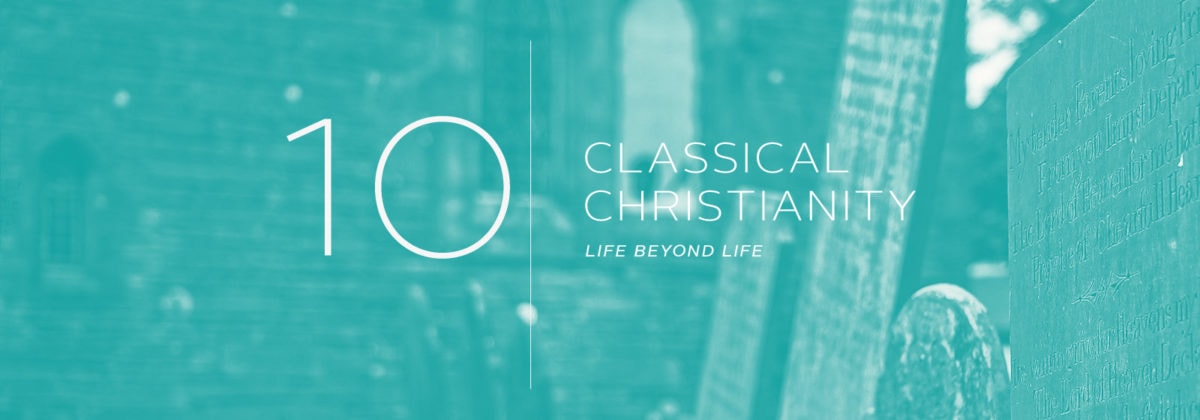Alright, I admit it. The title was a shameless attempt to get you reading a blog that, with a more descriptive title, you probably wouldn’t have touched. I want to talk about the fact that the Christian year (and the Christian life!) doesn’t end with Easter. The proper culmination of the Christian year happens with the celebration of Pentecost.
Pentecost is the day that we celebrate the sending of the Holy Spirit upon the Apostles. In the second chapter of Acts we read that the Apostles were gathered together in Jerusalem celebrating the Jewish harvest festival, called Shavuot (or Pentecost in Greek). Suddenly a sound like a great rushing wind filled the entire house where they were sitting and tongues of fire came and rested on each of them. They were filled with the Holy Spirit and began to speak in other languages, so that all the foreign Jews who were in Jerusalem for the festival heard them speaking about the works of God in their own language. Now that would have been something to see!
The problem is that Pentecost is almost always eclipsed by Easter and largely forgotten – especially in historic main-line Protestant churches, like the Anglican Church. But that’s not how it should be! Jesus’s death and resurrection is only complete when he ascends to take his seat at the right hand of God and sends the Holy Spirit upon his people.
Here is what Darrell Johnson, the pastor of First Baptist Church in Vancouver has to say about Pentecost: “I know that the church of Jesus Christ in the West will have finally come to understand the fullness of the gospel when Pentecost is as big a celebration as Christmas and Easter.” And he’s absolutely correct! The gospel is incomplete when we forget to talk about Pentecost.
Yes, Jesus came into the world to inaugurate the Kingdom of God; to preach repentance and the forgiveness of sins. Yes, Jesus died on a cross in order to pay the cost of my sin. Yes, Jesus was raised that we too might have abundant life, now and forever. But none of these things is possible without the work of the Spirit. We often forget that Jesus also ascended in order that he might give us his and his Father’s Holy Spirit.
Jesus said, “It is to your advantage that I go away, for if I do not go away, the Helper will not come to you. But if I go, I will send him to you” (John 16:7). Yet we don’t think this way. More often than not, we shape our identities as followers of Jesus simply around the cross and the empty tomb. And that’s a wonderful start. But without the Spirit, these are simply events that took place in the past. Although they are significant, without the Spirit they have no real impact on the way I live my life here and now. It’s through the Spirit that Jesus’ ministry and death and resurrection work themselves into every fiber of my being and have the power to raise me from death to new life in Christ. As strange as it sounds, it is actually to our advantage that Jesus goes away and sends the Spirit (you can read more about that here).
When we treat Pentecost as something simply tacked on to the end of the Easter season, we downplay the importance of the third member of the Trinity – Father, Son and Holy Spirit. John Stott has a wonderful summary of the Spirit’s importance in his commentary on the book of Acts:
“Without the Holy Spirit, Christian discipleship would be inconceivable, even impossible. There can be no life without the life-giver, no understanding without the Spirit of truth, no fellowship without the unity of the Spirit, no Christlikeness of character apart from his fruit, and no effective witness without his power. As a body without breath is a corpse, so the church without the Spirit is dead.”
We need to be more than just Easter people. The message of Easter is wonderful, miraculous, earth-shattering news. But for it to become life-transforming news, we need Pentecost. We need the Spirit. We need more than bunnies. We need bunnies on fire.




